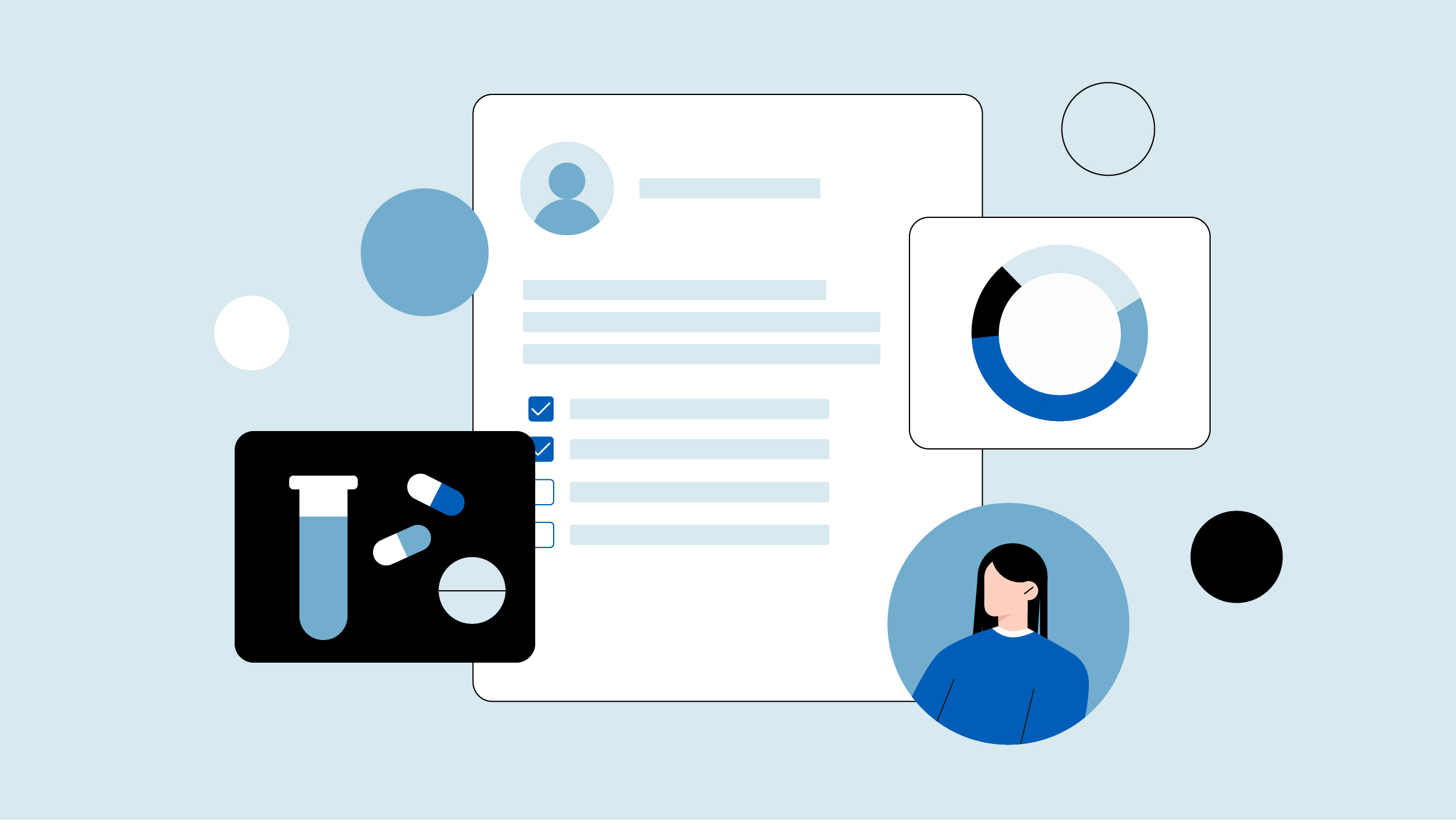What should I tell my care team before I take this medication?
They need to know if you have any of these conditions:
- Bleeding problems
- Having or recent surgery
- High blood pressure
- Irregular heartbeat or rhythm
- Liver disease
- Lung or breathing problems, other than lung cancer
- An unusual or allergic reaction to selpercatinib, other medications, foods, dyes or preservatives
- If you or your partner are pregnant or trying to get pregnant
- Breastfeeding
What may interact with this medication?
Do not take this medication with any of the following:
- Cisapride
- Dronedarone
- Ketoconazole
- Levoketoconazole
- Pimozide
- Thioridazine
This medication may also interact with the following:
- Calcium channel blockers, such as diltiazem or verapamil
- Certain antivirals for HIV or hepatitis
- Certain medications for fungal infections like itraconazole, posaconazole
- Grapefruit juice
- Other medicines that cause heart rhythm changes
- Repaglinide
- Rifampin
- St. John's Wort
- Stomach acid blockers like cimetidine, famotidine, ranitidine, lansoprazole, omeprazole, pantoprazole
This list may not describe all possible interactions. Give your health care provider a list of all the medicines, herbs, non-prescription drugs, or dietary supplements you use. Also tell them if you smoke, drink alcohol, or use illegal drugs. Some items may interact with your medicine.
What should I watch for while using this medication?
Visit your care team for regular checks on your progress. This medication may make you feel generally unwell. This is not uncommon in medications used to treat cancer. Report any side effects. Continue your course of treatment even though you feel ill unless your care team tells you to stop.
You may need blood work done while you are taking this medication.
Check your blood pressure as directed. Know what your blood pressure should be and when to contact your care team.
Do not treat yourself for coughs, colds, or pain while you are using this medication without asking your care team for advice. Some medications may increase your blood pressure.
Before having surgery, talk to your care team to make sure it is ok. This medication can increase the risk of poor healing of your surgical site or wound. You will need to stop this medication at least 7 days before surgery. After surgery, wait at least 2 weeks before restarting this medication. Make sure the surgical site or wound is healed enough before restarting this medication. Talk to your care team if you have questions.
This medication may cause serious skin reactions. They can happen weeks to months after starting the medication. Talk to your care team right away if you have fevers or flu-like symptoms with a rash. The rash may be red or purple and then turn into blisters or peeling of the skin. Or you might notice a red rash with swelling of the face, lips, or lymph nodes in your neck or under your arms.
Sometimes, this medication may cause hip problems in children and teens. Talk to your care team right away if your child has hip or knee pain or a limp.
Your mouth may get dry. Chewing sugarless gum or sucking hard candy and drinking plenty of water may help. Contact your care team if the problem does not go away or is severe.
Talk to your care team if you or your partner may be pregnant. Serious fetal side effects can occur if you take this medication during pregnancy and for 1 week after the last dose. You will need a negative pregnancy test before starting this medication. Contraception is recommended while taking this medication and for 1 week after the last dose. Your care team can help you find the option that works for you.
If your partner can get pregnant, use a condom during sex while taking this medication and for 1 week after the last dose.
Do not breastfeed while taking this medication and for 1 week after the last dose.
This medication may cause infertility. Talk to your care team if you are concerned about your fertility.








